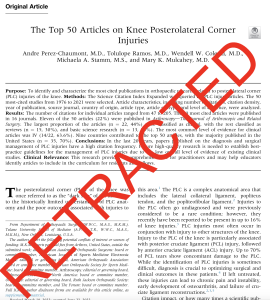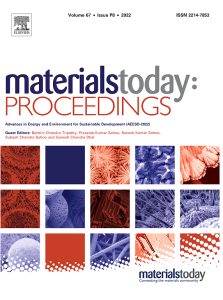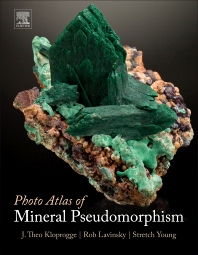Have you heard about hijacked journals, which take over legitimate publications’ titles, ISSNs, and other metadata without their permission? We recently launched the Retraction Watch Hijacked Journal Checker, and will be publishing regular posts like this one to tell the stories of some of those cases.
In 2021, I created an alert on Scopus to keep me updated about new publications in the Hong Kong Journal of Social Sciences, which had been hijacked by fraudulent publishers. I wanted to know if unauthorized content from this hijacked journal ended up in the index.
However, I forgot about the alert until last month, when I received three notifications from Scopus regarding new publications in the journal.
These notifications included lists of a dozen papers indexed in Scopus, all of them originating from the hijacked version of the journal. Inspecting the profile of the journal showed that probably more than 55 papers from the hijackers are currently indexed in Scopus:
Continue reading A high-quality cloned journal has duped hundreds of scholars, and has no reason to stop








